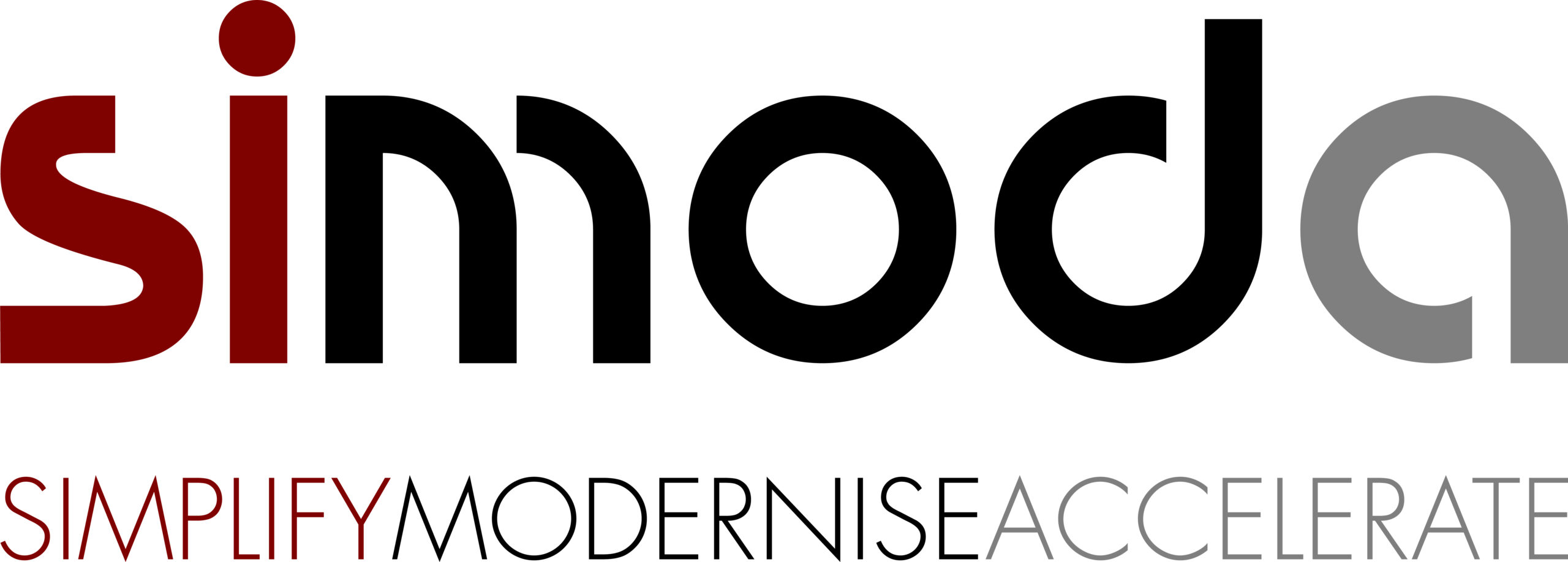Every year, this tired old tosh is peddled out. Ostensibly, this is the most depressing day of the year. It’s based on some marketing initiative by Sky Travel from a few years back and that’s really as seriously as it deserves to be taken. So why does it come around every year and resonate with people? More importantly, why does it make me angry?
First and foremost, it’s a fairly weak generic marketing gimmick. You can hashtag #BlueMonday against anything you like on Twitter to try to get a bit of social media traction. Sort of like this:
We want to cheer your #BlueMonday up! Retweet & follow for your chance to#win a Nintendo Switch and a Mario + Rabbids Kingdom Battle game ???? #Competition ends on Friday. pic.twitter.com/CZSKEnAMXB
— Dixons Travel (@Dixons_Travel) January 21, 2019
Woot! A competition!
You might think it’s harmless enough that companies are spamming a hashtag and a concept that only came into being to sell holidays, but to me there is a genuine problem with the idea.
Depression isn’t a gimmick
The idea of ‘Blue Monday’ is that it is the most depressing day of the year. This is based on a formula taking into account the weather, the time since Christmas and a bunch of other spurious cack.
But where it’s problematic to me is that it speaks to a widely held misunderstanding about the nature of depression: that it fits into a rational framework, where you are depressed about a specific thing for a specific set of reasons.
Thinking this suggests that you can ‘fix’ depression just by fixing those things – as if your depression will be solved when it’s warmed up a bit and you’ve got your pay slip.
Now, I’ve suffered with depression myself for many years and as I hinted in the title of this post, the idea that it is because of a particular set of circumstances is bollocks. Depression is not caused because you’re 2 weeks away from pay day and you’ve just taken your Christmas decorations down.
The causes of depression can be personal, deep-seated and tangled up with chemical imbalances in the brain. It might be “depressing” to be skint, but the use of the word “depressing” works to cheapen the meaning of what it is to be actually depressed.
It wouldn’t be quite so vexatious if mental health wasn’t such a serious problem. We’re finally reaching the point where a conversation around mental health exists, and where employers are starting to recognise the role they can play in promoting good mental health, and supporting employees with mental health problems… and then every year this bloody hashtag comes around to subtly reinforce the stereotype that depression is just about being pissed off because it’s 5 months till your summer holiday.
This is hitting home for me a bit this year because I’ve lived with depression myself for much of my life, but also because I’ve started delivering mental health awareness courses to employers who want to take the subject seriously. I’m in favour of having a laugh around subjects, but something about Blue Monday is insidious to me.
Or perhaps I’m just annoyed because it’s blue Monday? Hmmm.










